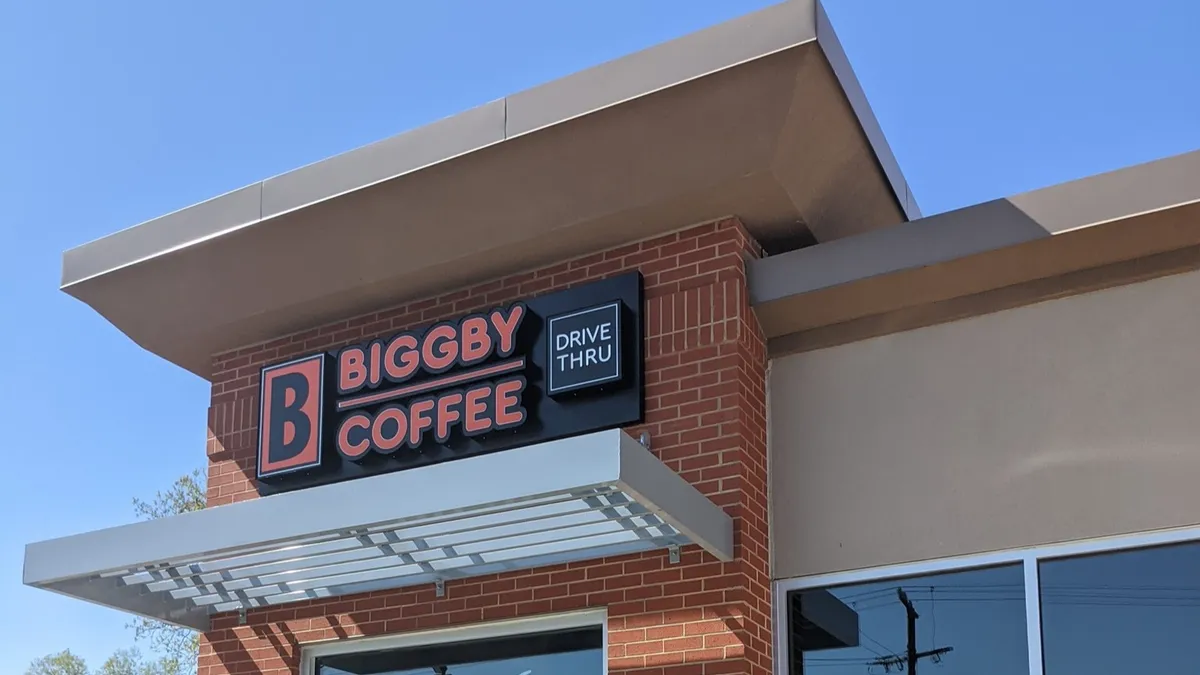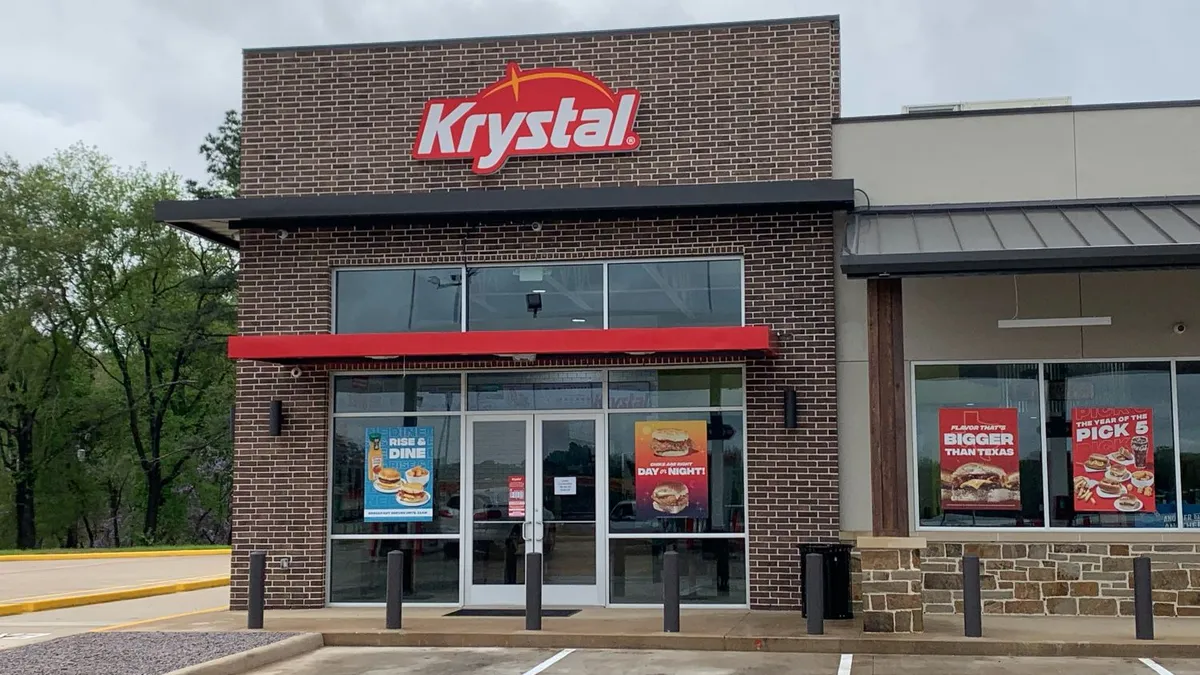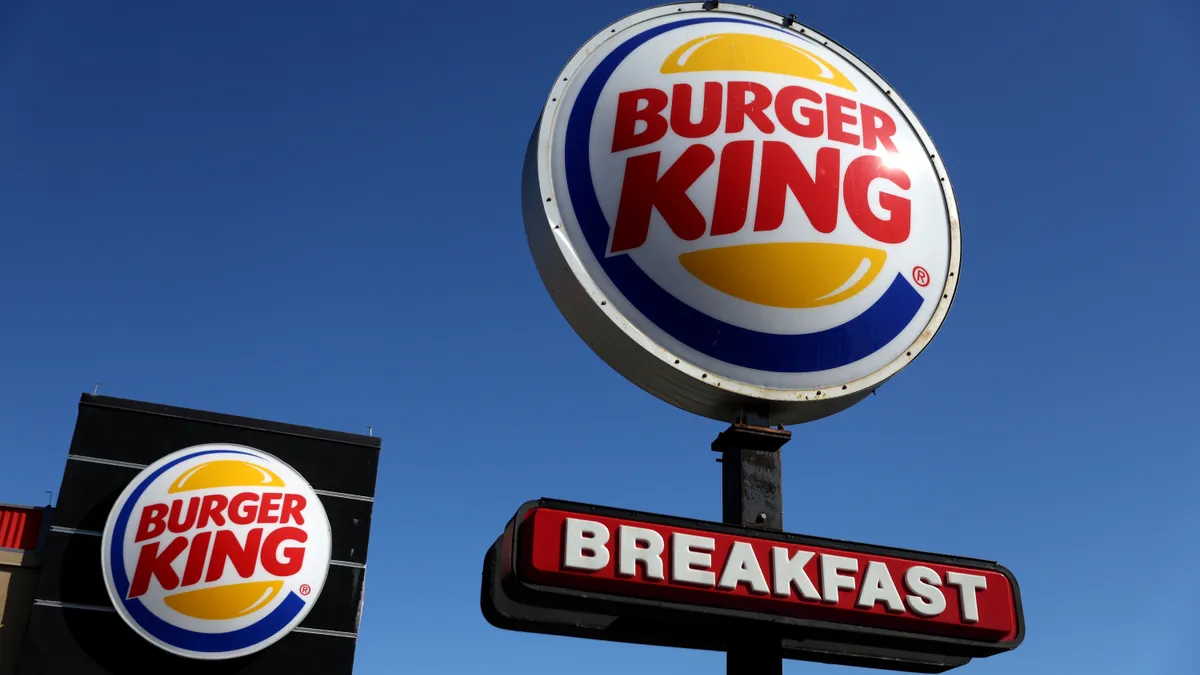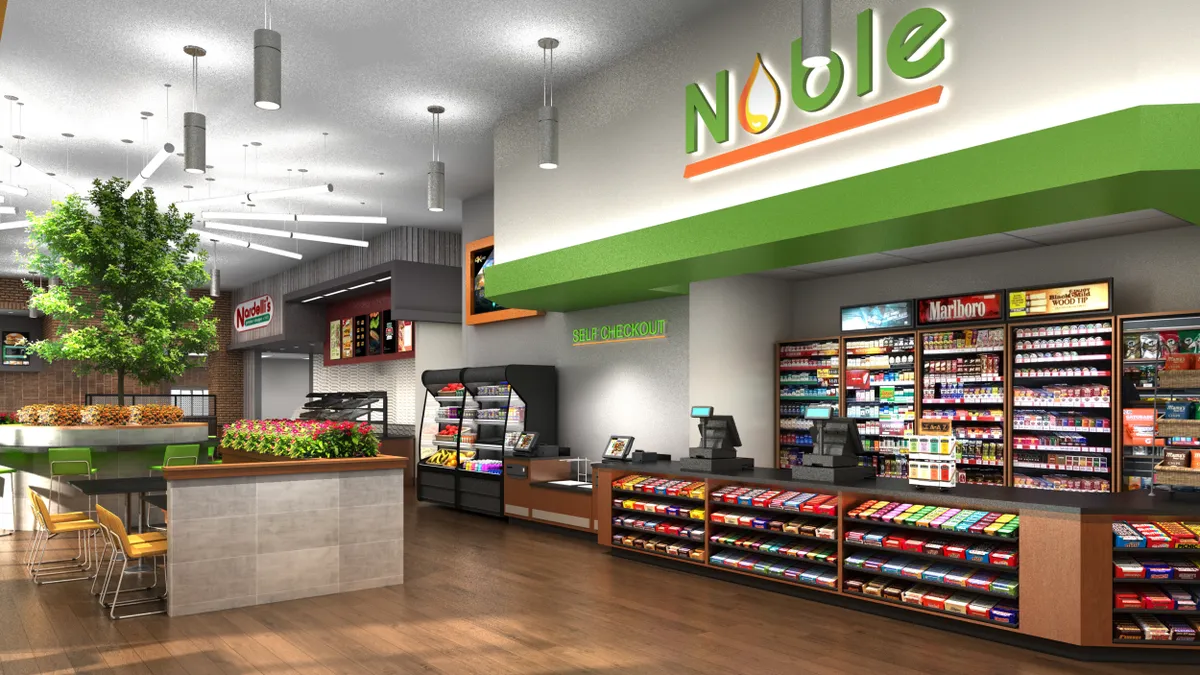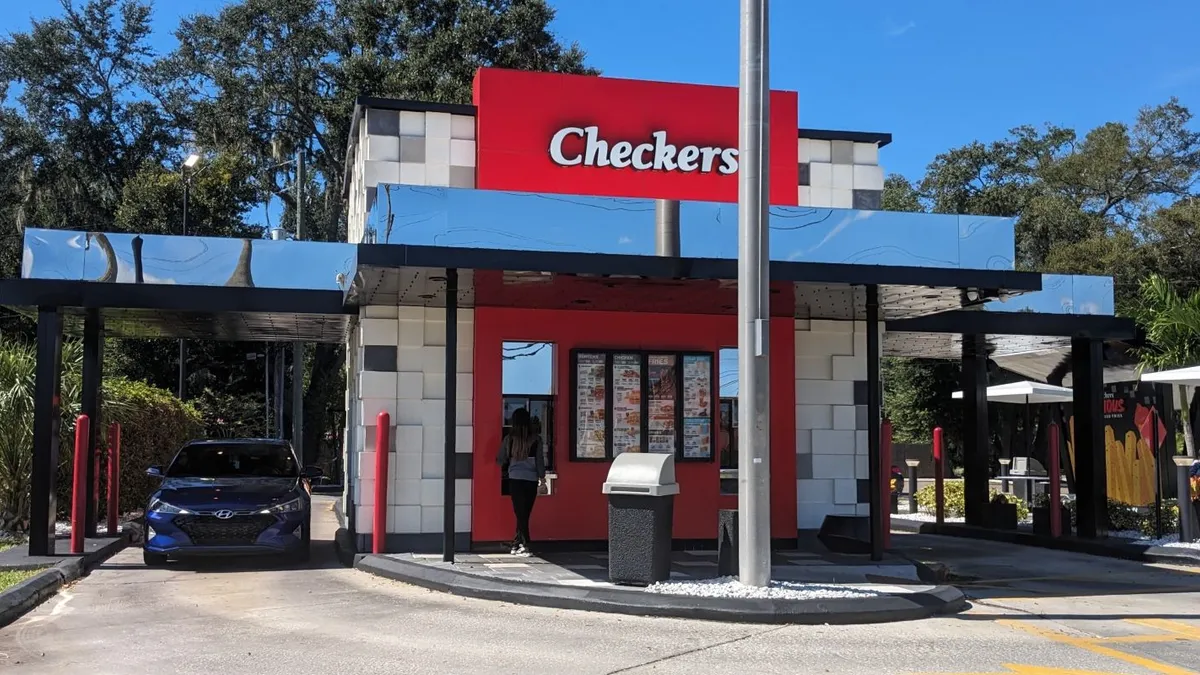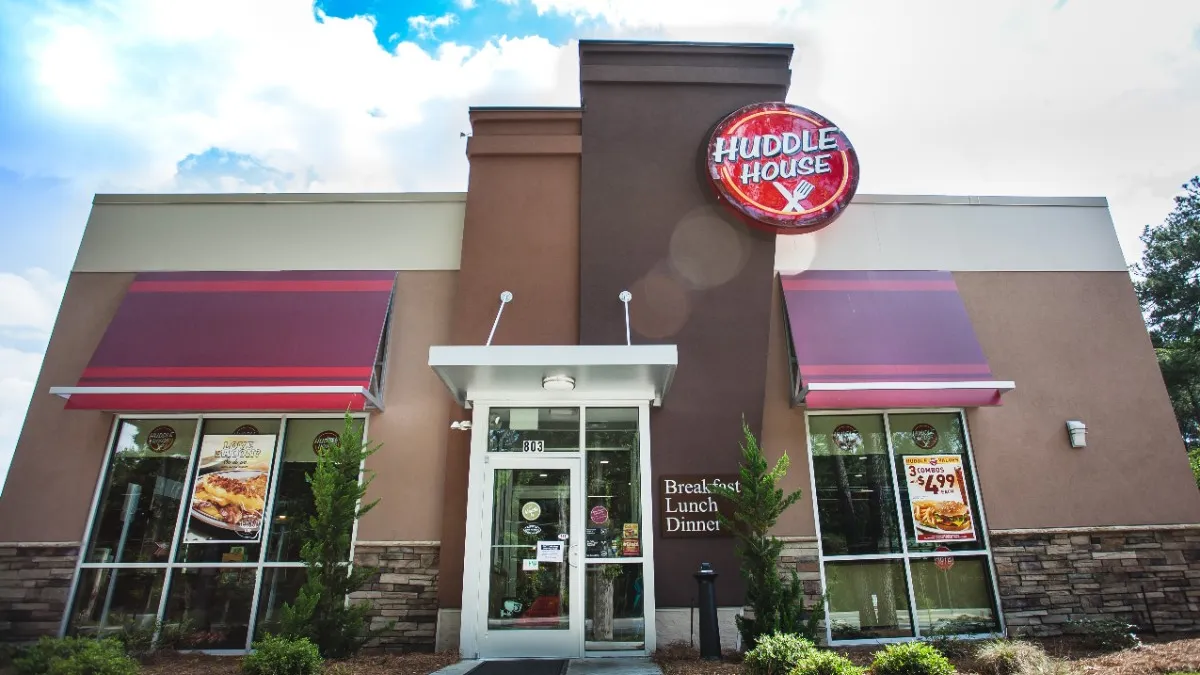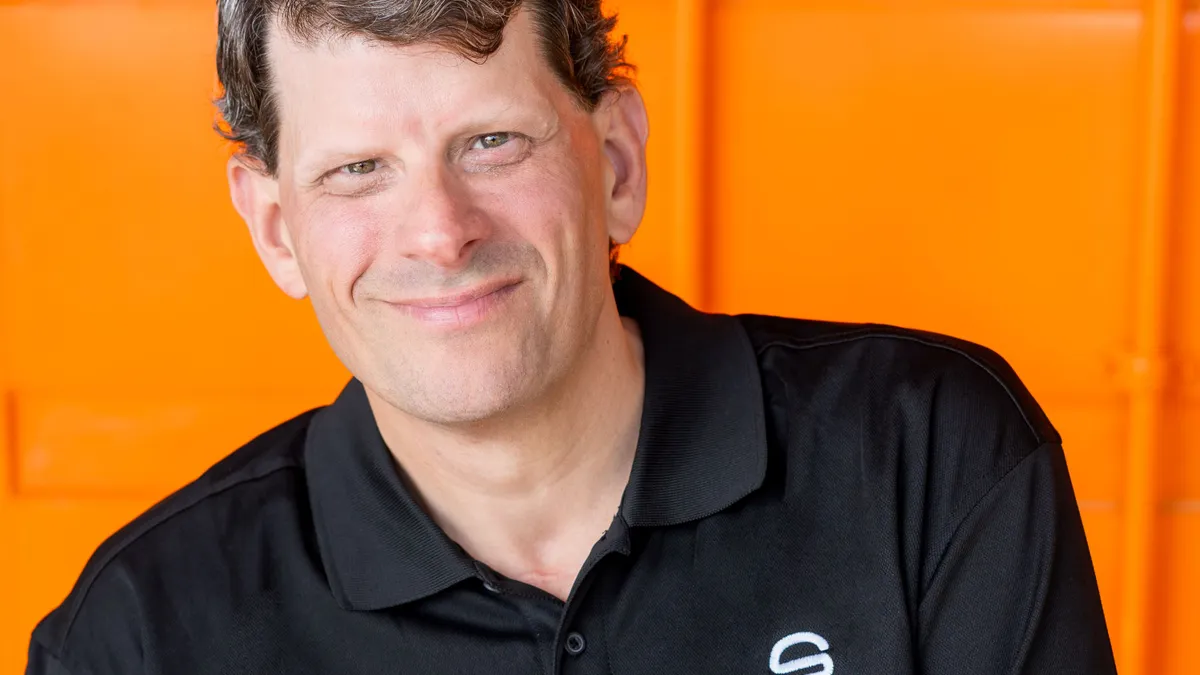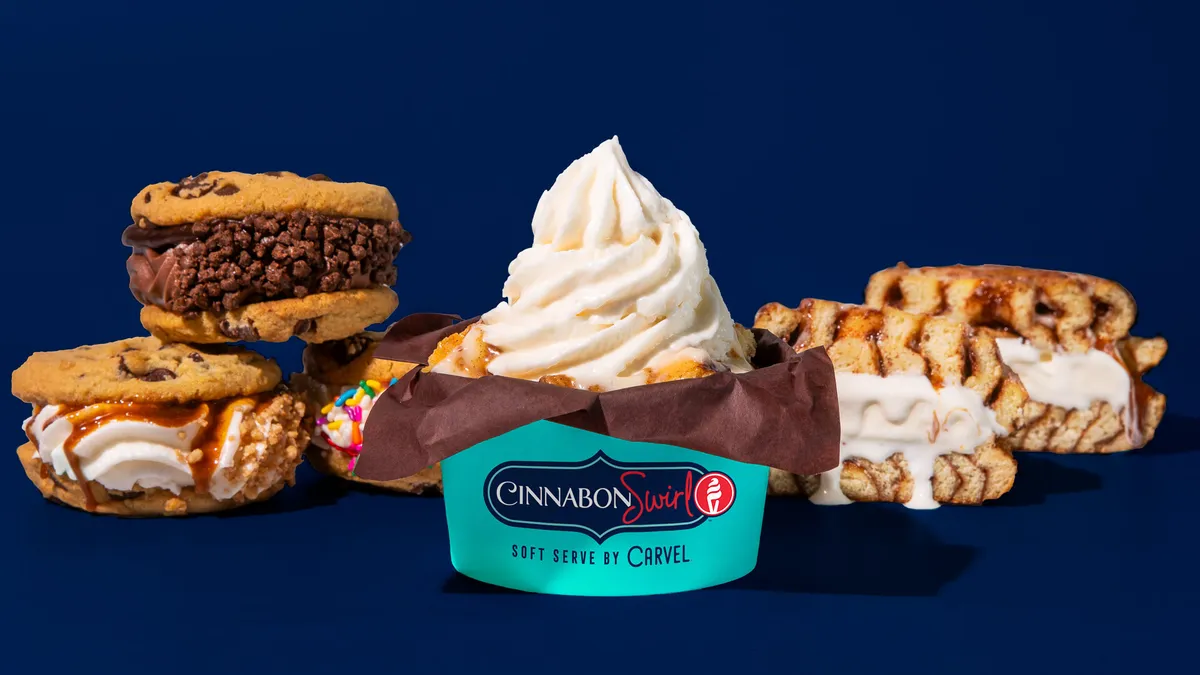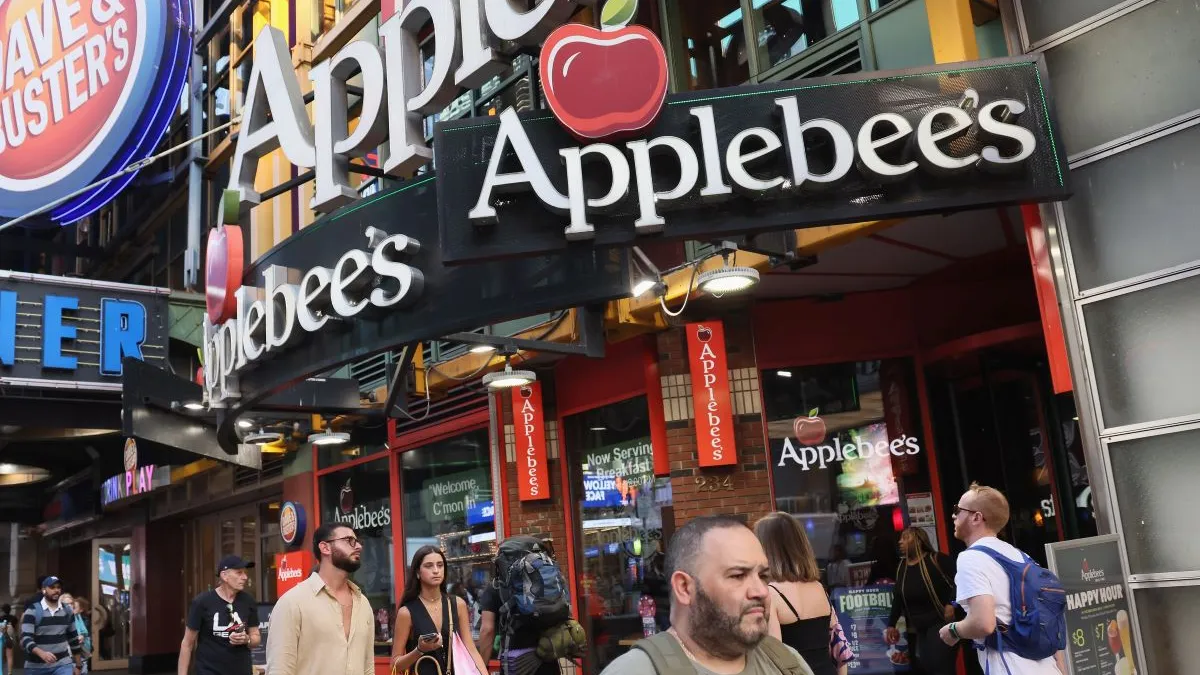Editor’s note: This article is part of an ongoing franchise series, which highlights brands that are new to or aggressively expanding via franchising. Is your restaurant starting to franchise? Email us at [email protected].
When Tony DiPietro joined Biggby Coffee over 20 years ago, the chain had four units open. DiPietro started in Toledo, Ohio, as district manager, and within six months, he was operating six locations.
DiPietro is now focused on growing the brand from 360 units to 500 units by 2024 as vice president of emerging market development at the chain.
Strong operations backgrounds are a key component of Biggby’s top executives. Co-founders Bob Fish and Mike McFall both worked in restaurants themselves. In 1993, Fish was part-owner of a Flap Jack restaurant in Michigan before becoming co-owner of Biggby. McFall started in Biggby Coffee as a barista in 1996 at the company’s first location near Michigan State University and has worked in nearly every position.
In 1997, the two went on a walk to discuss opening a second location with McFall as the manager, but instead became co-owners with a plan for expansion. Two years later, the co-owners decided to franchise the business.
Franchising has since taken off. Biggby has doubled its unit counts every four to five years and has a goal of reaching 1,000 locations by 2028. During Q3 2023, the chain signed franchise agreements for 59 units and opened 38 stores, bringing its total unit count to 371.
In Q4, the chain expects 28 stores to open with 66 total expected to open this year. Biggby currently has 158 units in development, 90 of which have signed leases.
Biggby has several flexible store models, which have helped it grow. Its traditional store model is an endcap with a drive-thru, while the company’s traditional lobby model can be set up in a strip center within a 1,200-square-foot inline space. The chain also operates from kiosks in hospitals, universities and travel centers. Its drive-thru-only store models only need 400 to 800 square feet and a half acre.
In 2018, Biggby rolled out BCubed, a 400-square-foot modular unit for outlots and parking lots in high-cost real estate areas or provide landlords with an option to put something in an unused area, DiPietro said. The modular units are built in a factory in Alpena, Michigan, over four weeks and are transported in three pieces. Installation takes about six hours, and franchisees own the structure and can move them if the location doesn’t work out. The company has about 50 of these modular units open, he said.
“At the end of the day, we want to have flexibility in our model, therefore our franchise owners have flexibility because that’s the pinch point — real estate,” DiPietro said. “Everybody is looking for an endcap with a drive-thru. … If you can find that, awesome, but now you also have all these other models.”

Training and support: Shortly after franchisees sign agreements with Biggby, they meet with the company’s real estate department, where the team mentors and coaches the operator through the process, DiPietro said. Franchisees will meet with a company representative who can help put a business plan together and get it to lenders who can compete over business loans. After lease, franchisees receive help with store design and build out.
“We don’t do it for them,” DiPietro said. “We’re there supporting the execution of the plan.”
Biggby provides a six-week training program, most of which is on the job where franchisees are trained in an existing store, he said.
Development plans: The company plans to reach 500 units by the end of 2024, which will bring it halfway to its 1,000-unit goal. The chain’s main focus is in what it considers “emerging markets” of Illinois, Idaho, Tennessee, Georgia, North Carolina and Virginia, where there isn’t a lot of brand saturation.
The plan is to get five to six stores open in these markets as quickly as possible, which helps with supply chain, density and marketing in those areas. The brand also is looking to expand in Michigan, Ohio, northern Kentucky, the greater Atlanta area and in Florida, where the chain already has units.
Ideal franchisees: Biggby will sell franchise units one at a time, especially to new franchise owners. Corporate executives prefer that franchisees focus on their first unit, especially if the operators have never opened a restaurant before.
The company has an area representative program in which current franchise owners with stores that have been open for six months can apply. These franchisees help represent the brand in a specific area and sell units, help get new stores open and support the stores. Many franchisees go on to open other locations, and 70% of its stores are owned by multi-unit owner/operators, DiPietro said.



